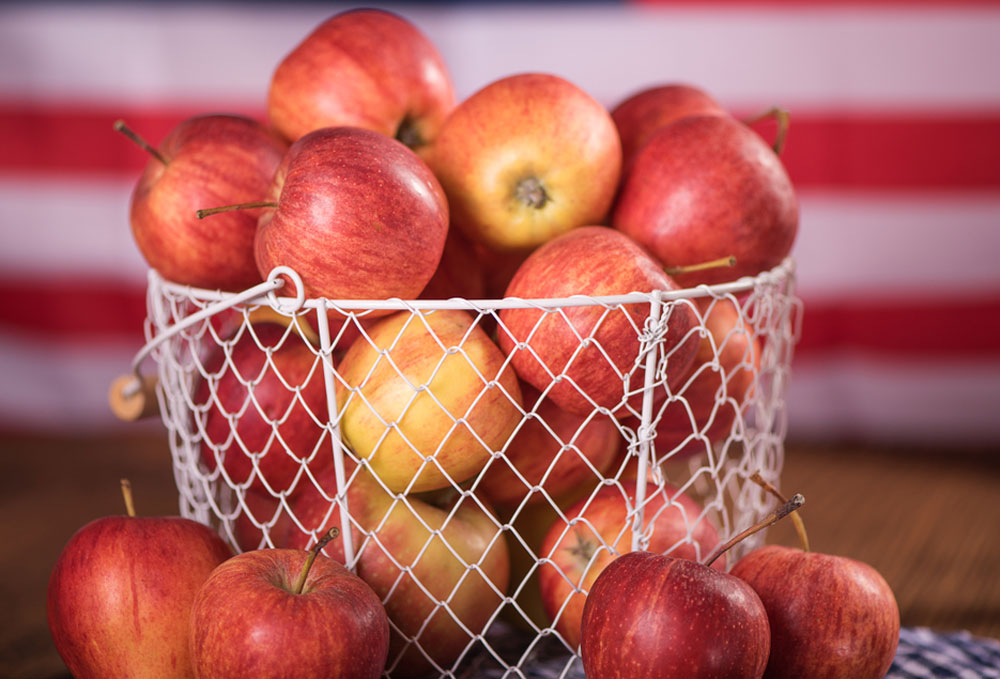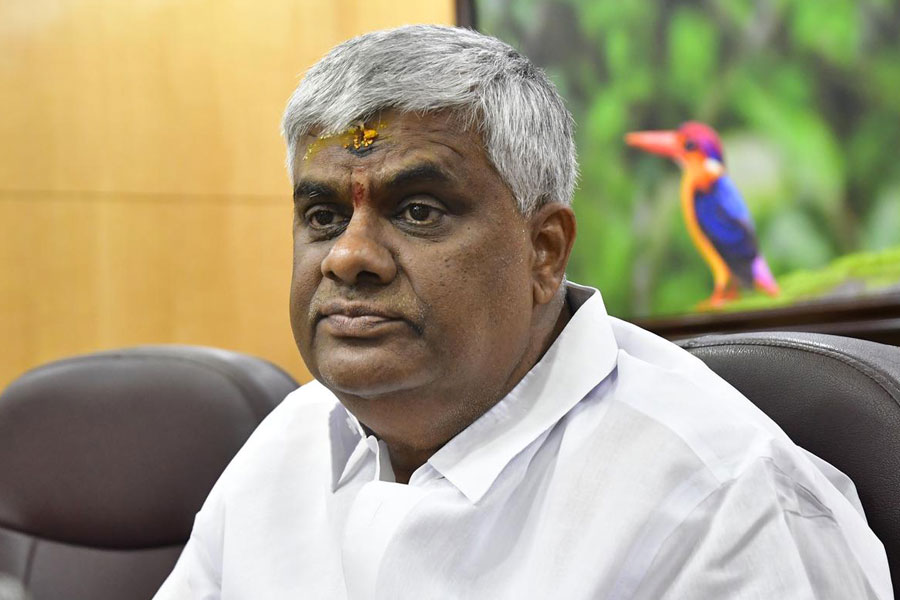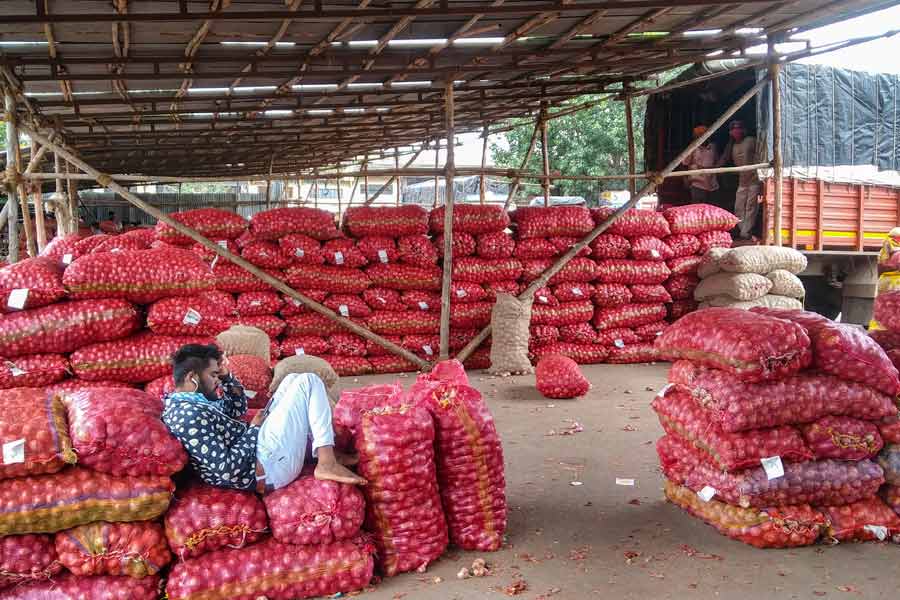An agriculture ministry panel’s approval for the import of maize, papaya and apple may facilitate the fresh entry and illegal sale of genetically modified versions of these foods in India, a non-government body said on Monday.
The Coalition for GM-Free India has cited the July approvals by the ministry’s Exim committee for the import of 30,000kg maize seeds from the US by a Chennai company, 1,200kg papaya seeds from Taiwan by companies in Maharashtra and Madhya Pradesh, and 14,000 apple tissue culture plants from the US by a company in Mumbai.
A senior scientist with the Indian Council of Agricultural Research, who is a member of the Exim committee, told The Telegraph that importers are “not allowed” to bring in GM crops.
But the coalition said that GM maize, papaya and apple are grown in each of the source countries and that India lacks the infrastructure to screen every consignment for the presence of GM crop versions.
The coalition has in a letter to the agriculture ministry said that while applicants are asked to provide affidavits on the GM-free status of the import consignments, this is “not adequate to stop unlawful imports”. It has cited tests that found GM soy in Gujarat last year.
The non-government Centre for Science and Environment, New Delhi, had said in July that it had found signatures linked to GM crops in 21 of 65 food products picked up from retail outlets. The food items included canola oil, corn-based products, and soy infant formula.
“Expectations that only GM-free material will be shipped to India are unrealistic, and the government lacks the machinery to test every import consignment,” Rohit Parakh, a spokesperson for the coalition, said.
The Union health ministry had told Parliament in February that food with GM ingredients would require approval from the Food Safety Standards Authority of India, and that no standards for GM foods had been notified yet. The FSSAI had in July said it had initiated work on framing rules for GM food.
Several food items based on GM crops have been consumed across the US, Canada, China, Europe and Japan over the years, and biotechnology proponents assert that there is no evidence to justify concerns about GM crops.
A 2016 report from Technavio, a market research analysis company, had estimated that GM seeds occupied more than half the global commercial seeds market and included corn, soybean, cotton, canola, sugar beat and wheat.
Three US regulatory agencies — the department of agriculture, the Food and Drug Administration, and the Environment Protection Agency — have deemed GM foods as safe to eat.
But in some European and Asian countries, consumer and economic concerns have led to strict regulations on GM crops, including partial or full bans on cultivation.
A study by Purdue University scientists two years ago had predicted that a global ban on GM crops would raise food prices and hit the poorest countries the hardest.
But anti-GM activists have cited controversial studies on laboratory animals to argue that the long-term impacts of GM crops on human health remain unknown.










